In this episode of We’re Not Stumped, host Mike Bolland sits down with Christopher Rodriguez, CEO of Ability360, to discuss the organization’s powerful role in promoting independence for individuals with disabilities. Learn about the wide range of programs and resources Ability360 offers, from adaptive sports to advocacy, and how they are transforming lives by empowering people to live fully and independently. Tune in for an inspiring conversation about inclusion, accessibility, and the future of disability support.
Website: https://ability360.org/
Ability360 is a 501 (c)(3) non-profit corporation. Through its comprehensive programs, Ability360 touches the lives of individuals with disabilities and addresses the disability concerns of their family members, co-workers and employers.
Ability360 began in 1977 as the Arizona Congress for Action (ACA), a group of people with diverse physical disabilities who launched a grassroots effort to educate the community about disability-related issues in Central Arizona. In 1978, Congress enacted Independent Living Center legislation as part of the amended Rehabilitation Act of 1973. In 1981, Ability360 received funding and began services.
With more than 130 staff members and volunteers, more than 1,500 personal care attendants and hundreds of volunteers, Ability360 has offices in Phoenix, Gilbert/Mesa, Glendale, Tucson, along with Coolidge, and provides services throughout Maricopa, Pima, Pinal, and Gila Counties. Ability360 programs are made possible through grants, fee-for-service contracts, and individual and corporate contributions.
#disabilityawareness #disabledcommunity #disabledandproud #limbloss #disabilityadvocate #disability
Listen on Apple Podcasts
Watch on YouTube
Listen on Spotify
Peripheral Artery Disease (PAD) affects millions worldwide — yet most people don’t recognize the warning signs until it’s too late. In this powerful episode of We’re Not Stumped, host Mike Bolland welcomes Emmy Award-winning journalist and Global PAD Association co-founder Kym McNicholas to explain what PAD is, how it causes poor circulation, and why early detection is critical in preventing amputation. Kym shares her inspiring journey from covering a medical story to becoming one of the leading advocates for PAD awareness and patient empowerment. She sheds light on how education, proper diagnosis, and access to the right care can literally save limbs — and lives.
In Part 1 of this special episode, host Mike Bolland sits down with Emmy Award–winning journalist and Global PAD Association founder Kym McNicholas for an impromptu, post-interview discussion that turned into an insightful recording. What started as a quick chat evolved into a powerful conversation about Peripheral Artery Disease (PAD), early detection, and Kym’s mission to raise global awareness and prevent unnecessary amputations.
After a life-threatening illness led to multiple amputations, Karlene Martinez refused to give up. In this powerful episode of We’re Not Stumped, host Mike Bolland talks with Karlene about her incredible path from septic shock and paralysis to recovery, faith, and advocacy. Karlene opens up about: 💪 Her battle with sepsis, Guillain-Barre syndrome, and months of rehabilitation 🦿 Adjusting to life with prosthetics and finding the right fit ❤️ Overcoming anxiety and depression through faith and gratitude 🌟 Empower Fest, Ability360, and finding inspiration in the adaptive community 👣 The importance of peer support through groups like Encompass Health and community ambassadors Karlene’s story is one of resilience, faith, and limitless determination—a reminder that even after life-changing loss, there’s always a way forward.

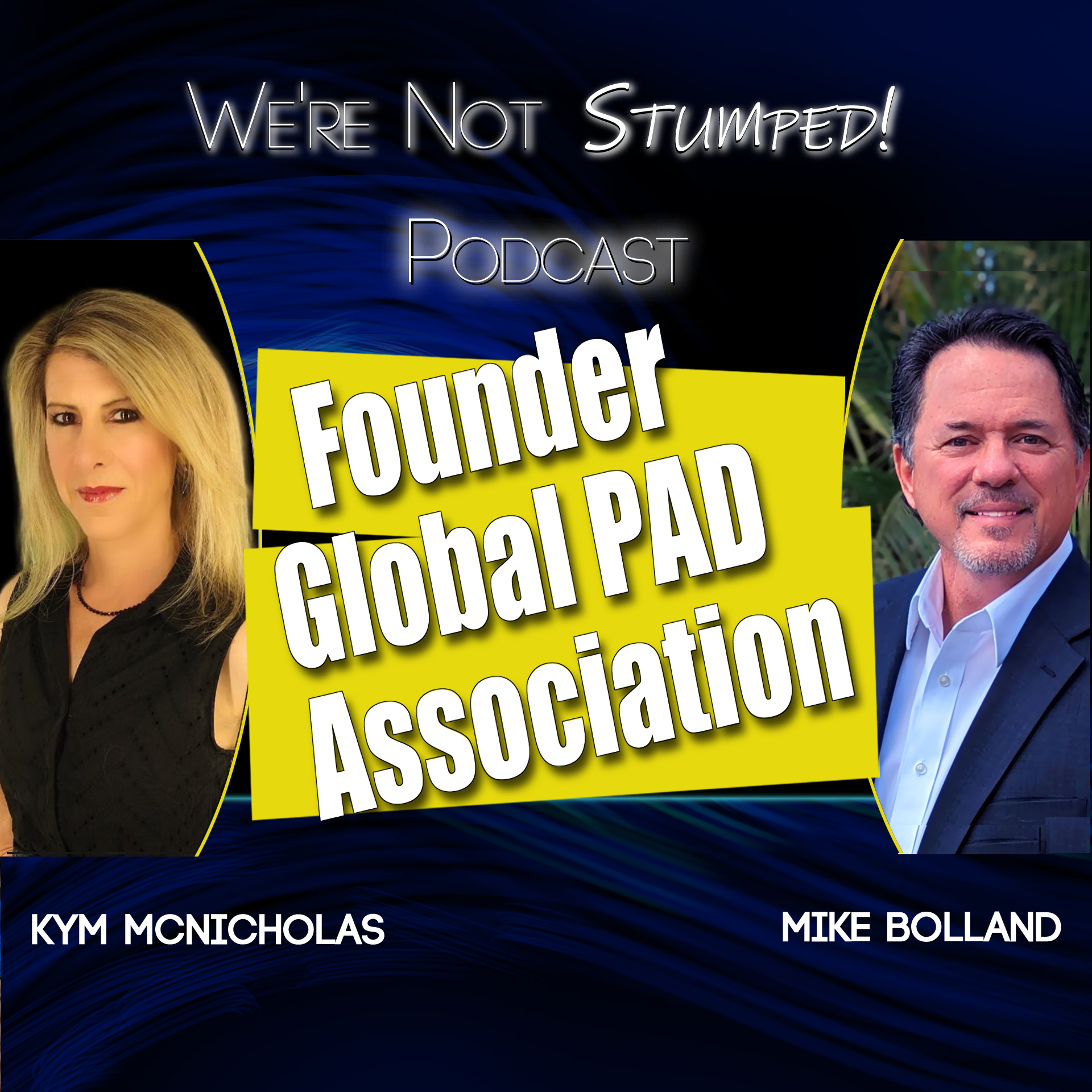
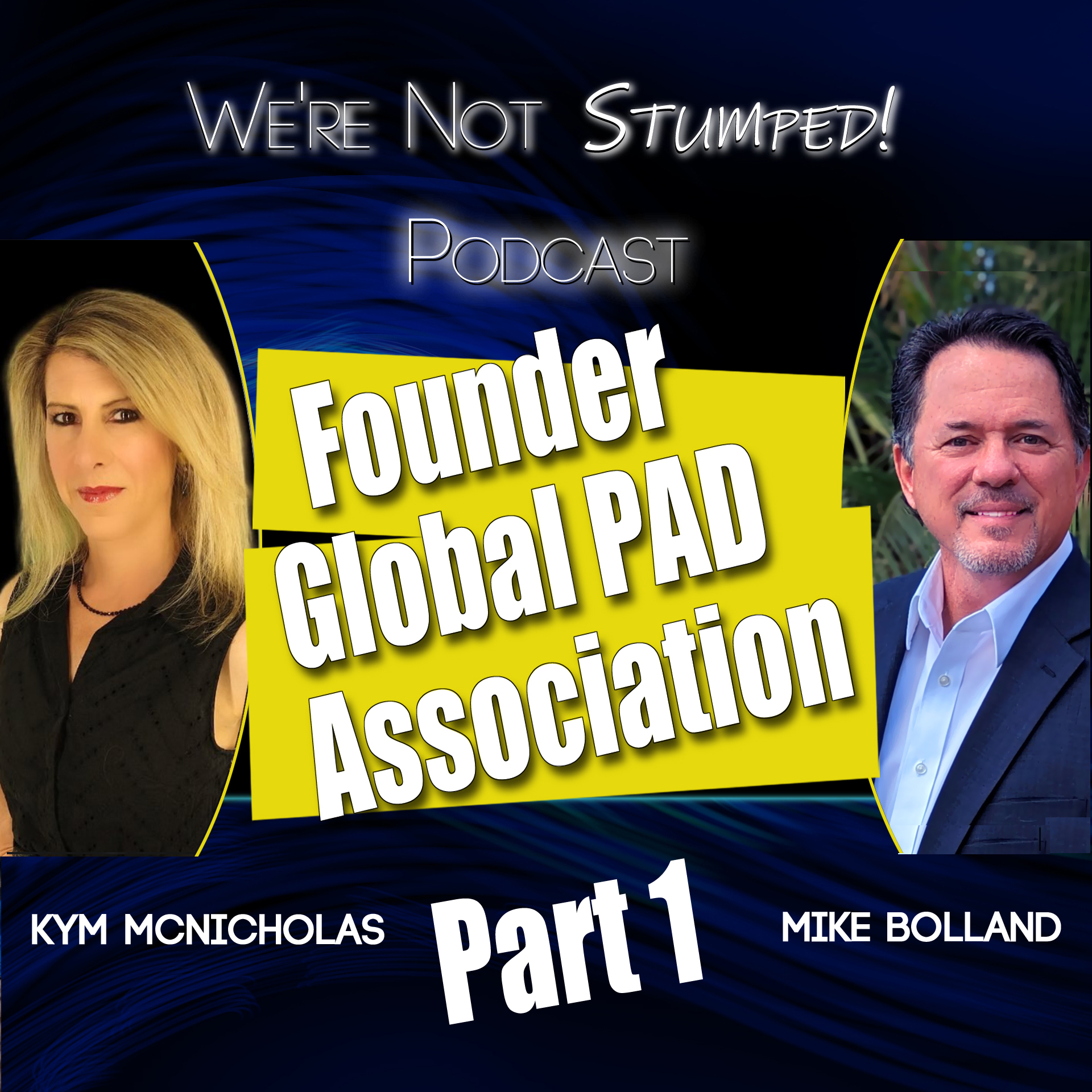
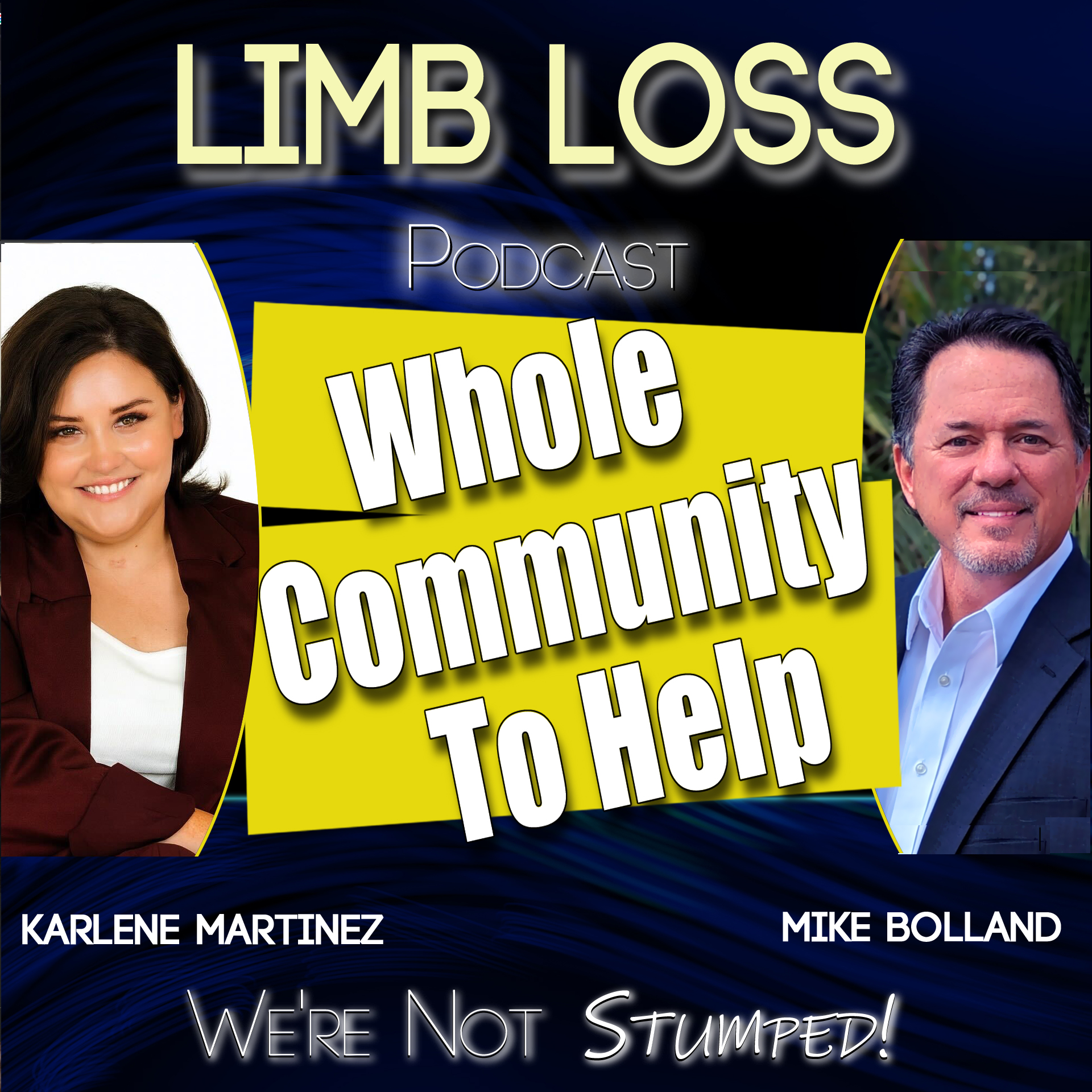
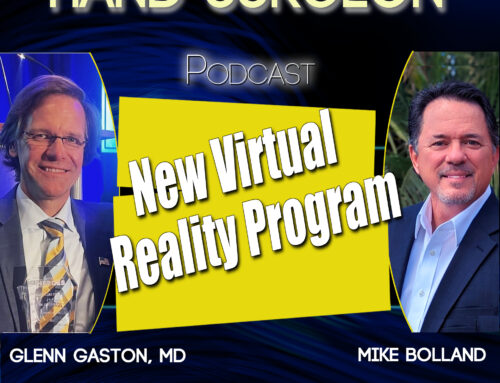
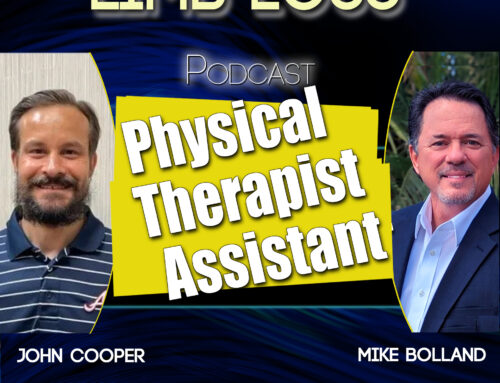
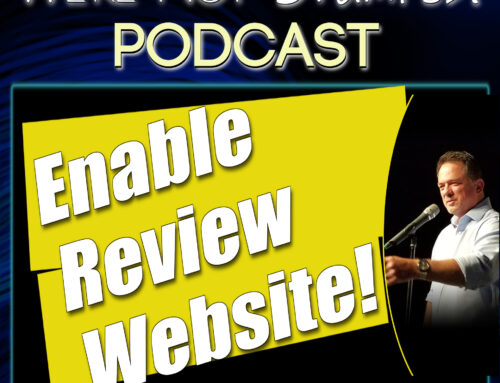
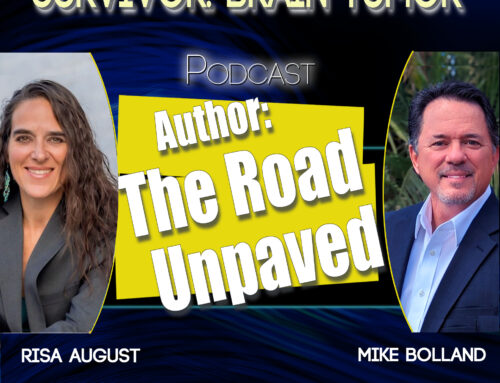
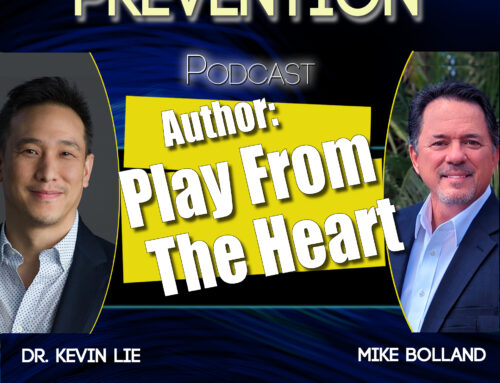
Leave A Comment